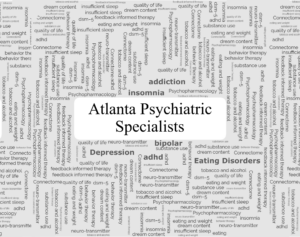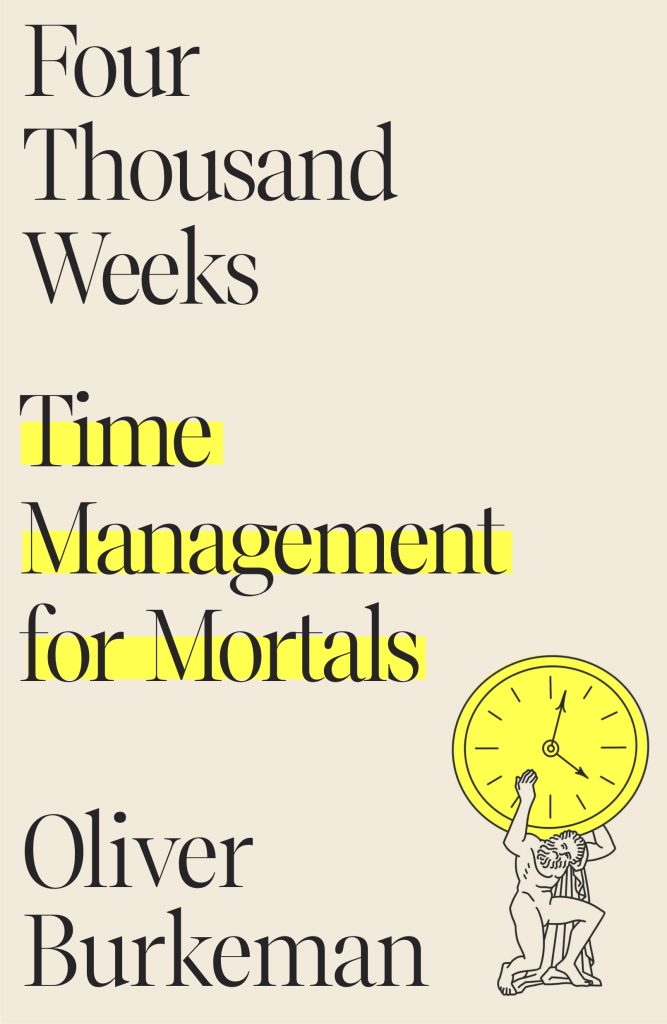Providing a wide range of psychiatric services to improve quality of life.
Helping adults 18 and older in many areas of psychiatric health including:
- ADD/ADHD
- Depression
- Addiction
- Insomnia and Sleep Issues
- Eating Disorders
- Bipolar


PBR Streetgang
9/05/2023
I've been with Dr. Grumet for 12 years and can't say enough about how much I appreciate him and his office team. It started after I was sent to a pain clinic for an injury to my leg. The medications prescribed were affecting my job performance by making me tired and there was always a dosage increase each month. I researched buprenorphine as an alternative but was told I needed to see a psychiatrist as the pain clinic could not prescribe that medication. I explained to Dr. Grumet that I was seeking pain relief for my leg as well to the problems caused by the pain meds from the clinic. I told him that I was interested in trying buprenorphine as a last resort. I was physically opioid dependent, but not psychologically dependent. I knew that if I didn't change medications, then I would probably end up becoming addicted to the increased dosage of pain meds. Once I started taking buprenorphine, it took care of the pain in my leg and did not make me feel like a zombie. He helped me save my career, and with his counseling and help stopped me from developing full-blown addiction and abuse. I cannot recommend him enough for people that need compassionate assistance. I knew I was heading toward addiction and with his help, I got pain relief without the side effects. I've never felt rushed when speaking with him, and I am grateful to have a great relationship and rapport with Dr. Grumet and his staff. Please reach out to him if you resonate with this story - hope and help are available with a phone call.
read moreread less
S M.M (Xmassboy)
1/05/2022
The friendly and warm atmosphere you realize it from the moment you are into the office, warm wall, modern wall paint colors, the two office manager ladies of Dr. Grumet are so helpful. They always go the extra mile to assist you if you need any assistance in booking an urgent appointment the same day or the next day ( the normal, if you are lucky, you can find a vacant slot in two to four weeks). Also, both ladies are managing the appointment schedule and dealing with patient calls promptly, and I'm mannerly time. As for Prof. Grumet, so he is a Guru in what he is doing. I have been following up with him for five years; his diagnosis and treatment are beyond any expectation, and with a busy schedule, if you need to call or contact him between appointments, just drop him an email. He will get back to you personally in 24 hours.
read moreread less
KR
1/05/2021
At least five years strong with this doctor. Dr. Grumet has a passion for his work. He has never left me stranded in anyway. I see comments about the wait time on here. Be proactive...if waiting in line for your turn is too much to handle...be the first appointment of the day. I’m so thankful for the progress I have made. Dr. Grumet never gave up on me. The journey is worth every minute.
read moreread less
Aaron Wachtel
1/05/2020
For years I have been a patient of Dr. Grumet and I'm glad to continue to be one. Over the years, his concern and care has never wavered. Having him as a part of my medical, mental, and overall health care has been a benefit to me as I grow. That being said, the one critique I would offer has been nullified by his new staff. Over the years, I've seen a wide spectrum of people who are his front lines, so to speak. There have been some great people who went above and beyond and some people who shouldn't ever be involved in health care or even customer service. Thankfully, the latter didn't last long and more thankfully his current assistant is an absolutely top notch pro. Had I filled this out two years ago, Dr. Grumet would get five stars, but the overall care, which naturally includes his staff, three. Now, with the staff in place, I feel five stars is justified.
read moreread less
Schuyler Rideout
1/05/2020
It's hard to find the right words regarding how Dr. Grumet has made such a positive difference in my life for over 10 years now. His expertise, true interest in his patients and passion for his work is inspiring and keeps me grateful to be under his care. Tina, who manages the office, always goes above and beyond to support every person who comes through Dr. Grumet's front door. Knowing I have such necessary and important support brings a certain comfort that I've never found with any other Psychiatrist. Please strongly consider collaborating with a most talented expert in the field!
read moreread less
Elizabeth Gallo
1/05/2019
I have been a patient of Dr. Grumet for approximately 4 years. Tina, who runs his office, is by far the best office manager he has had. She is SO caring, responsive, and professional. She is a unique gem in this corrupt world and I hope she continues to stay with Dr. Grumet. The office manager is just as important as the doctor, and I have never felt genuinely cared for until I met Tina. It means so much.
read moreread less
For decades Dr. Ross Grumet has helped his patients in many psychiatric areas to improve their quality of life.

Does your organization require Independent Medical Exams (IME)?
Are you an individual who wants an IME?
We have provided IME reports to insurance companies, attorneys, and individuals for other purposes.
Go HERE for more info on our IME services.
Dr. Grumet's Blog
Book Review: Death and the Afterlife (The Berkeley Tanner Lectures)
This is not a book about suicide or depression. It is not even really about “the afterlife” in the sense of personal or spiritual.
Book Review: Four Thousand Weeks: Time Management for Mortals
Book review by Dr. Ross Grumet: Four Thousand Weeks: Time Management for Mortals, by Oliver Burkeman
Measurement Based Care Using the PHQ-9 Form
The Patient Health Questionnaire-9 (PHQ-9) is a self-report questionnaire that helps psychiatrists understand the mental health status of individuals.




